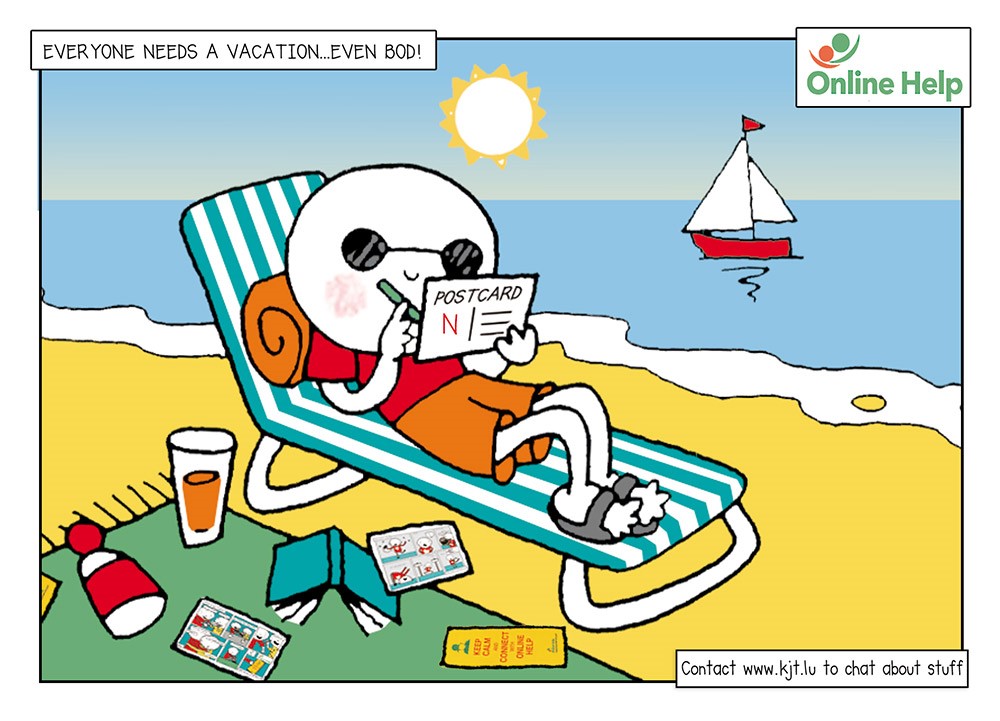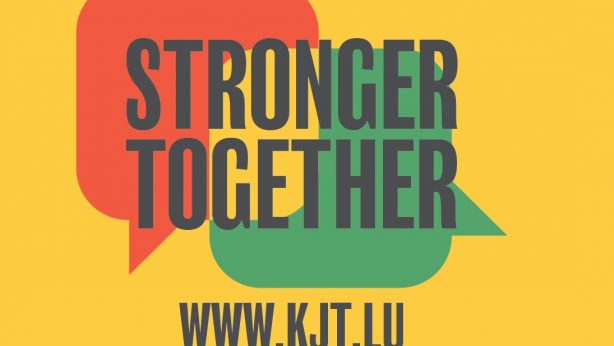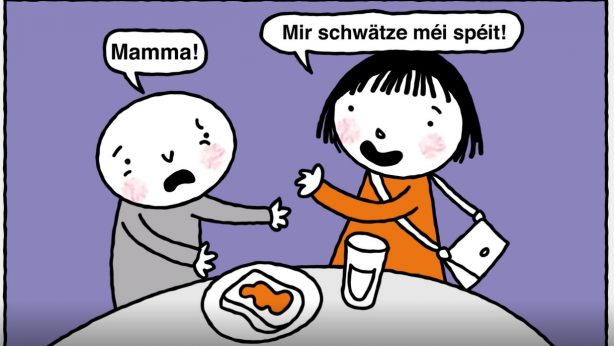Finally summer holidays: now is the time to relax and to unwind

Everything is different this year… including the summer holidays.
Uncertainty, flexibility and spontaneity were in demand this school year. The fear of the virus but also the fact that any plan could change at any time were omnipresent. Parents, teachers and students learned to expect all possible alternatives and variations, in order to be able to change, reschedule and adapt ad hoc. Our “antennae” are still tense and scanning our environment every day to pick up, interpret and register news, statements, in order to be able to plan the next time as well as possible in advance. Will we be able to go on holiday as planned? Will there be a new wave?
For primary school pupils in the flooded areas, even the last day of school was different. The school year ended abruptly, and these children were not even able to say goodbye to their classmates as planned.
Due to the many changes this year, the demands on students and families were much higher. It was much more difficult for the children and young people to concentrate on school, on the subjects taught, on their goals. This meant extra pressure and stress.
This turmoil that has accompanied children, young people and families the entire school year, seems to unfortunately continue for the time being.
The holidays have only just begun and families are already being urged on the radio and in the press to enrol their children in voluntary courses to catch up on any possible gaps. Learning folders to prepare for the start of the next school year are available now already. Worrying thoughts find you, completely uninvited: Am I/is my child well prepared for the coming school year? How can I best strengthen my child?
STOP !!!!
Breathe in – breathe out!
When the batteries are empty, no engine in the world moves forward, not even for a millisecond.
Families, children and young people have to give themselves some time off. Do nothing, rest. Let your mind wander, step back from the memories of the school year, comfort and recuperate. What has been achieved this year is simply wonderful.
Parents also need to take a break. Children are very sensitive and sense when their parents are not well. They absorb their agitation like a sponge. Their nervousness is reflected in their children’s behaviour. According to Jesper Juul, it is the responsibility of adults to take care of themselves, because only then can they be good parents. A factual and patient discussion with a defiant child or an annoyed teenager is a challenge for stressed and overwhelmed parents. The little moments only for you or as a couple are really good for you.
We have been through a difficult period; tensions have been heightened. That’s why it’s especially important to give yourself a period of time without work, without obligations. If you or your partner are still in home office and spend your holidays at home this year, try to mentally distance yourself from your work. In this case, it is helpful to banish the work material from your daily field of vision. This way you are not constantly reminded of the tasks that await you after the holidays. In this case, it is more difficult to draw clear boundaries in relation to work. Under these conditions, relaxation is a bigger challenge.
Get together as a family and consider the different needs of each family member to make free time – at home or on holiday – as relaxing as possible. This varies from person to person. Your son may need a regular and demanding bike ride, your daughter a picnic in her favourite spot in the woods, your partner a hike in the Müllerthal and yourself maybe a day in the sun with a good book. For some, spending time in nature helps to recharge and relax, for others, listening to music or meeting friends helps. Anything that helps you switching off, taking your mind off things, distracting yourself and gets you moving is helpful. In this way, the body and mind can relax. These are called recovery experiences. Try to collect recovery experiences in your family. A first step is to become aware of your own needs. Can you perhaps find an activity that you can do as a family? Maybe your child remembers a need that cannot be met by technical devices such as smartphones or PCs?
In order to create lasting recovery effects, it is useful to take shorter breaks more often (e.g. plan a long weekend). In this way, the recovery effect can be refreshed again and again. If your children need remedial teaching, it is useful, after a break of a few weeks, to integrate it into the daily routine in good doses (perhaps gradually and why not only 4 days a week at most) – always combined with rest and relaxation experiences. This creates a routine. It is also interesting to use your child’s best concentration phases (for example, in the morning after breakfast).
Recharge your “batteries” and those of your children. Choose the “right filling stations” according to your individual needs. And make the most of these recovery experiences without a guilty conscience – exactly following the Buddhist motto “Do what you do” or according to the principle “Carpe Diem”, do what you like best in this moment.
If you have any questions or worries that prevent you from disconnecting and relaxing, write us to the Online Help. We are there for you. The consultation is anonymous and confidential.



